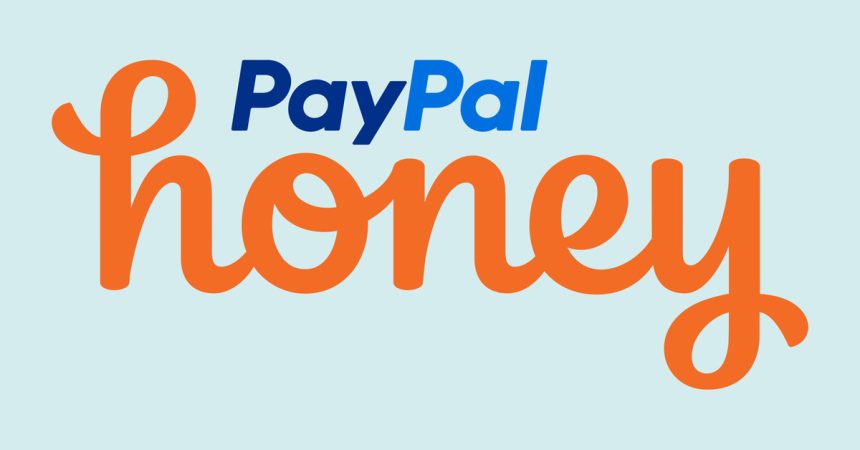This class action lawsuit, filed on December 29th in California’s Northern District Court, centers around allegations that PayPal’s Honey browser extension is unfairly profiting from online creators’ affiliate marketing efforts. The suit, brought forth by Stone’s Eagle Team LLP and several YouTubers, accuses Honey of manipulating the affiliate marketing system by surreptitiously replacing creators’ affiliate links with its own, even when Honey doesn’t offer any actual discount or benefit to the consumer. This practice, the plaintiffs argue, deprives creators of rightfully earned commissions and constitutes a violation of California’s Unfair Competition Law, as well as interference with existing business relationships between creators and their affiliate partners. The plaintiffs seek to represent a broad class of individuals who participate in affiliate programs and have had their links hijacked by the Honey extension. However, the court has yet to certify the lawsuit as a class action.
At the heart of the dispute lies the mechanics of Honey’s operation and its interaction with affiliate marketing. Honey, a browser extension designed to automatically find and apply coupon codes, presents users with pop-up offers at online checkouts. According to the lawsuit, and as demonstrated in a video by YouTuber MegaLag, when users interact with these pop-ups, Honey replaces existing affiliate cookies – small pieces of data that track the origin of a sale and assign commission accordingly – with its own. This allows Honey to claim credit for the sale, regardless of whether it actually provided a discount. The lawsuit further alleges that PayPal employs other tactics to secure affiliate commissions, including incentivizing users to check out with PayPal through its Honey Gold rewards program. This creates a scenario where creators, who often invest significant time and resources into driving traffic to retailers through their unique affiliate links, are effectively cut out of the revenue stream.
PayPal, in a statement issued by VP of corporate communications Josh Criscoe, vehemently denies the allegations and vows to defend itself vigorously. The company maintains that Honey adheres to established industry practices, including “last-click attribution,” a standard protocol that assigns credit for a sale to the last affiliate link clicked before purchase. While acknowledging the prevalence of last-click attribution, the plaintiffs contend that Honey is exploiting this standard in a deceptive manner. They argue that Honey’s practice of enticing users to click on essentially useless pop-ups serves as a pretext to insert its own affiliate code, thereby unfairly diverting commissions away from the creators who initially directed the customer to the retailer.
The core of the plaintiffs’ argument rests on the alleged deceptive nature of Honey’s practices. While last-click attribution is a common and accepted practice in affiliate marketing, the lawsuit argues that Honey manipulates this system by creating artificial clicks through its pop-up mechanism. These pop-ups, according to the plaintiffs, do not necessarily offer any real value to the consumer but serve as a trigger to replace pre-existing affiliate cookies with Honey’s own. This, they argue, is not a legitimate application of last-click attribution but rather a deliberate scheme to intercept commissions that would otherwise go to the creators. Essentially, the plaintiffs claim that Honey is gaming the system by creating unnecessary interactions that allow it to claim the “last click” without genuinely contributing to the sales process.
The lawsuit’s implications extend beyond the individual creators involved. It challenges a potentially widespread practice within the affiliate marketing landscape, highlighting the vulnerability of creators in this increasingly complex ecosystem. If the court certifies the lawsuit as a class action, it could open the door for a significant number of creators to seek compensation from PayPal for lost revenue. Furthermore, a ruling against PayPal could force a reconsideration of industry practices surrounding affiliate attribution and the use of browser extensions in online commerce. The plaintiffs are seeking not only monetary damages for the creators but also a court order prohibiting PayPal from continuing its alleged practice of swapping affiliate codes at checkout.
The plaintiffs have established a website to encourage other creators who believe they have been similarly affected to join the lawsuit. This suggests a potential for the case to grow significantly if the court grants class action status. The outcome of this litigation could have far-reaching consequences for the affiliate marketing industry, potentially reshaping how commissions are allocated and setting precedents for the use of browser extensions that interact with affiliate links. The case highlights the increasing tension between online platforms, creators, and the intricate mechanisms that govern online commerce. The court’s decision will likely influence future developments in this rapidly evolving digital marketplace.



